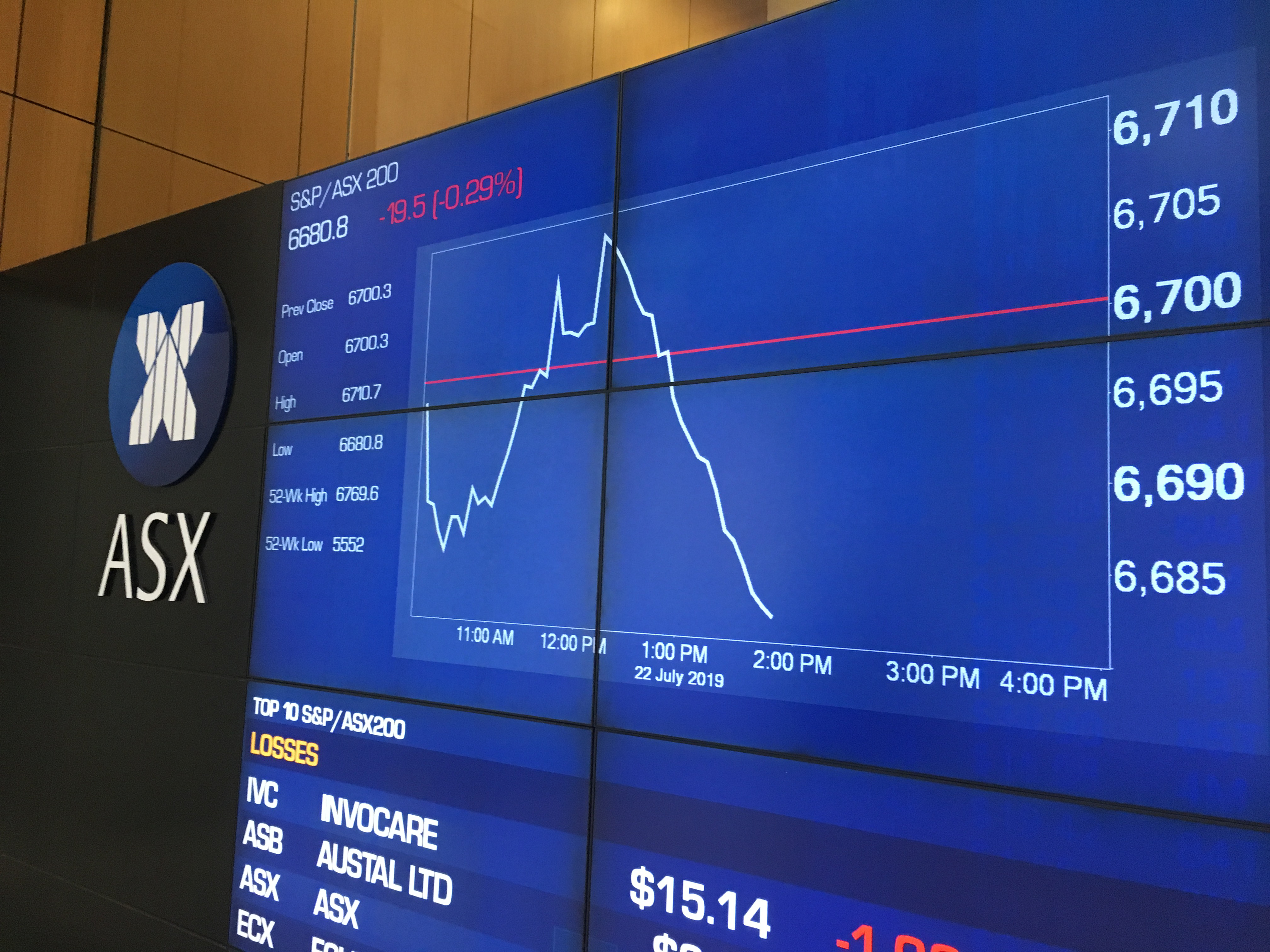6 investing mistakes to avoid and improve your returns
Every investor can improve their returns by learning to avoid mistakes. Many mistakes are emotional or psychological and can be avoided, whether you have one day of investing experience or 40 years, so it's worth paying attention to avoiding them as it will likely save you losses or help you make more money in the future.
Below are five of the biggest and most common mistakes I see investors make.

Selling winners
This is probably the most expensive mistake most amateur investors make. If you sell a stock after it rises 50 per cent from a value of say $10,000 to $15,000, you've made a $5,000 profit before capital gains tax. However, if that stock goes onto quadruple over the next five years to a $60,000, you've actually cost yourself $45,000 in foregone profits. This is much more costly than if the company went bankrupt and you lost 100% of your initial $10,000 investment.
Personally, I find the best way to avoid this mistake is to tell yourself to focus on the long term, i.e. three years ahead and don't get shaken out of stocks by day-to-day price swings or moves. Remember, more money has been lost by people trying to anticipate corrections than in the actual corrections.
Dividend traps
Another common mistake investors make is looking at high dividend yields and assuming they mean a stock is a good investment. In fact, a high dividend yield is often a warning sign that the market expects a company to cut its dividends in an outcome that'll often lead to a lower share price.
Australia does have the advantage of the franking credit system, but generally, basing investment decisions in the stock market on the likelihood of dividends is a bad idea. So don't fall into a dividend trap.
Thinking you missed the boat
This can be another massively expensive mistake. Often, investors will look at the historical share prices and charts of the best growth companies and conclude it's too late or risky to invest, as a company's stock has already gone up so much. However, if you cannot break this psychological mistake, you'll end up excluding yourself from the market's best growth companies and returns.
Remember, markets are forward-looking, and a rising share price signals that investors expect this company to keep doing well into the future.
Holding or adding to losers
This is another emotional or psychological mistake. Investors can become too emotionally attached to a stock or company and refuse to sell or take losses, even if the company is reporting serious problems. Electric vehicle company Tesla may or may not fall into that category today.
To avoid this mistake, you have to be pragmatic and prepared to change your mind, even if it means admitting you were wrong. Or perhaps you were right to buy the stock at that time, but now the facts or thesis have changed, you need to divest your emotional attachment to a business and take action.
Getting spooked into selling
Given there's a 24-hour news cycle, there's always something to be worried about in the share market. Whether it's Russia, Taiwan, North Korea, Ukraine, the US budget deficit, or rising bond yields. But bull markets climb a wall of worry, so within reason, try not to get spooked by negative headlines.
Or think of it this way. Don't let your emotions control your investments. Rather, detach your emotions from your investments to control them. This is similar to the Ben Graham phrase; Make the market your servant, not your master!
Being too cocky
Men, especially, are prone to this mistake as they overestimate their abilities and underestimate the dangers of losing money in the share market. Picking stocks if you're not experienced and savvy to the dangers of the share market is not a good idea and is likely to lead you to lose money. Out of the 2000 or so companies on the share market, most don't even make a profit, but you'd think they were great to buy if you just based your investment decisions on their presentations and claims.
Another way to think of it is like this. Around 90% of men believe themselves to be better than the average male driver. Although this is statistically impossible and shows why men are prone to the overconfidence that will see them lose money.
So, good luck out there and I reckon if you avoid these mistakes, your returns will definitely improve!
4 topics
1 stock mentioned
.jpg)
.jpg)